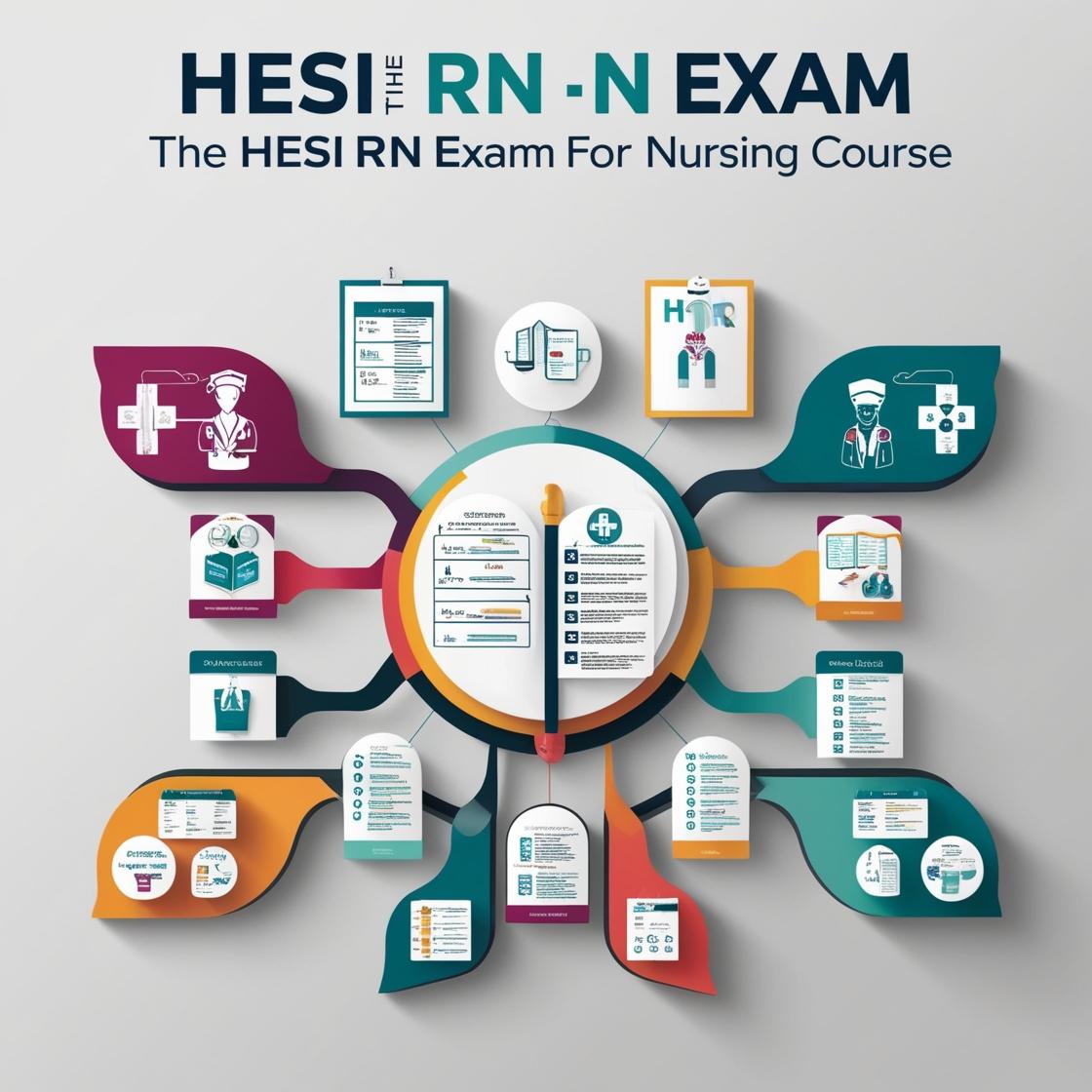HESI RN
Leadership and Management HESI
1. When should a new nurse graduate consider applying for a position as a nurse manager?
- A. When she is comfortable in her current position
- B. When she begins mentoring other new nurses
- C. As soon as a position opens
- D. When she has developed leadership and clinical expertise
Correct answer: D
Rationale: A new nurse graduate should consider applying for a position as a nurse manager when she has developed leadership and clinical expertise. Option A, 'When she is comfortable in her current position,' is incorrect as comfort in the current position may not necessarily align with the skills required for a managerial role. Option B, 'When she begins mentoring other new nurses,' is not a definitive indicator of readiness for a managerial position. Option C, 'As soon as a position opens,' does not take into account the necessary skills and experience required for a nurse manager role. Therefore, the best time to consider applying for a nurse manager position is after developing the required leadership and clinical expertise.
2. Why might an RN need professional liability insurance?
- A. Protection against frivolous lawsuits without incurring expenses.
- B. Immunity from being sued by the institution if guilty of malpractice.
- C. Coverage for charges of libel, slander, assault, and HIPAA violations.
- D. Exclusively doctors face malpractice lawsuits.
Correct answer: C
Rationale: Having professional liability insurance is crucial for Registered Nurses due to various reasons. Choice A is incorrect because there are expenses associated with defending against frivolous lawsuits. Choice B is incorrect as institutions can still sue a nurse found guilty of malpractice. Choice D is incorrect because malpractice lawsuits can be filed against healthcare professionals, including nurses. Therefore, the correct answer is C, as liability policies can provide coverage for charges involving libel, slander, assault, and breaches of patient confidentiality like HIPAA violations, offering essential protection for RNs in their practice.
3. Which of the following is a primary goal of nursing?
- A. Assist patients in achieving a peaceful death.
- B. Enhance personal knowledge and skills to improve patient outcomes.
- C. Champion quality of life over quantity of life.
- D. Manage costs to enhance patients' quality of life.
Correct answer: A
Rationale: The primary goal of nursing is to assist patients in achieving a peaceful death if recovery is not feasible. This involves providing comfort, dignity, and support during the end-of-life process. Choice B is incorrect because while improving personal knowledge and skills is important, it is not the primary goal of nursing. Choice C, advocating for quality of life over quantity of life, is a valid aspect of nursing care but may not always be the primary goal. Choice D, managing costs to enhance patients' quality of life, is not a primary goal of nursing, as the focus should primarily be on patient care and well-being, rather than financial considerations.
4. Which of the following best describes the way for a follower to 'manage up'?
- A. Provide feedback to the unit manager when requested.
- B. Assist the manager in capitalizing on their strengths and weaknesses.
- C. If a follower works with a manager displaying poor leadership skills, they should transfer to a different unit.
- D. Demonstrate respect and appreciation for the manager, even when conversing with coworkers.
Correct answer: B
Rationale: The best way for a follower to 'manage up' is to assist the manager in capitalizing on their strengths and weaknesses. This approach involves supporting the manager in leveraging their strengths while helping them address and improve upon their weaknesses. Choice A is not specific enough about the context of providing feedback, which may not always be the best way to manage up. Choice C suggests avoiding the situation rather than actively managing it. Choice D, while important, does not directly address the concept of managing up by helping the manager grow and excel.
5. A nurse manager has detected a potential problem with staffing and has asked staff members for their thoughts on the matter. Which of the following best describes the informational activity this manager is engaging in?
- A. Spokesperson
- B. Reporting
- C. Monitoring
- D. Job analysis and redesign
Correct answer: C
Rationale: The correct answer is C: 'Monitoring.' Monitoring involves regularly checking and observing the status of a unit or situation. In this scenario, the nurse manager is actively seeking feedback from staff members to assess and keep track of the staffing situation. Choice A, 'Spokesperson,' refers to a role where someone represents or speaks on behalf of a group or organization, which is not the primary activity in this case. Choice B, 'Reporting,' typically involves presenting information or data about a specific topic or issue but does not capture the ongoing observation and assessment aspect seen in monitoring. Choice D, 'Job analysis and redesign,' involves assessing and restructuring job roles, responsibilities, and tasks, which is not directly related to the action of monitoring staffing levels.

Access More Features
HESI RN Basic
$69.99/ 30 days
- 50,000 Questions with answers
- All HESI courses Coverage
- 30 days access
HESI RN Premium
$149.99/ 90 days
- 50,000 Questions with answers
- All HESI courses Coverage
- 90 days access
